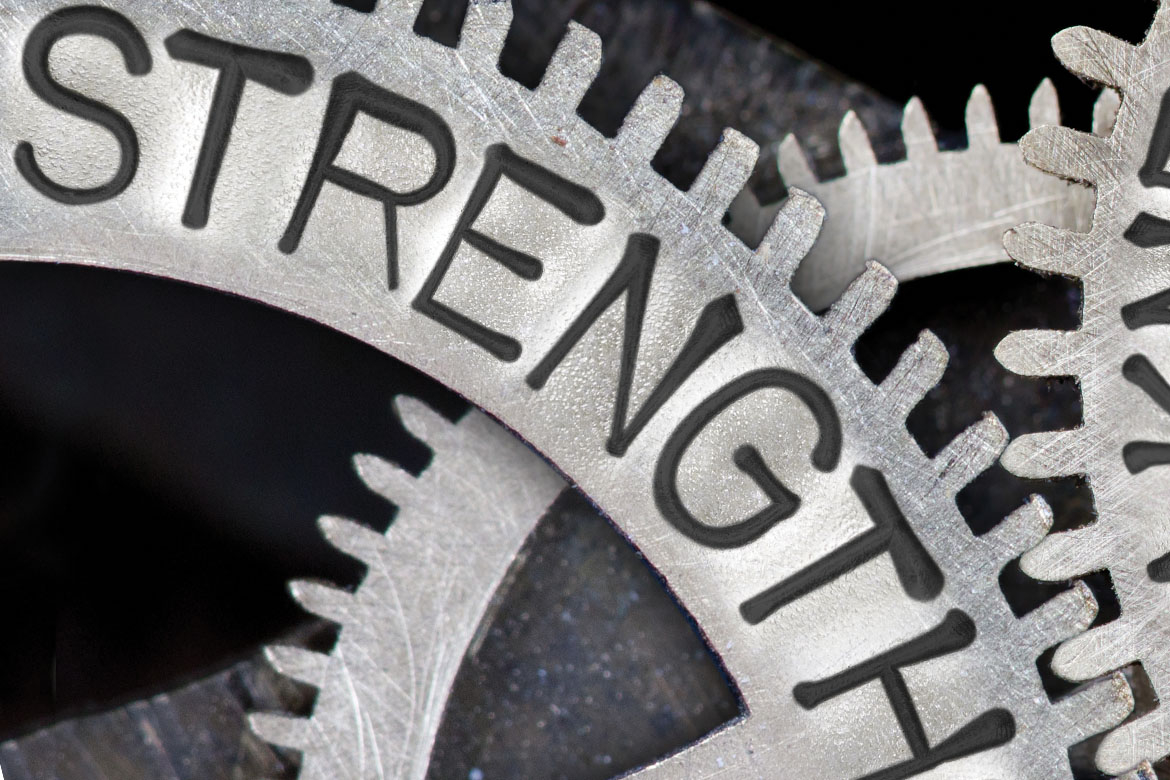Security sector leaders SWOT Analysis for 2020: Strengths
We asked a range of senior representatives from security organisations to contribute to a SWOT analysis, focusing on Strengths, Weaknesses, Opportunities and Threats for the security sector in 2020. Many security professionals will be familiar with a SWOT analysis: the management technique for assessing you or your organisation’s position before embarking on a new strategy. In this article, we have used this powerful tool to assess the security sector from all angles, with views from leaders in security who are at the forefront of taking the sector forward in 2020.
In this first part, we’ve asked about the Strengths: where does the security sector perform well? What are the significant improvements and developments in the sector?

Richard Jenkins, CEO, National Security Inspectorate (NSI)
The key strength that shines from the professional security sector is its people. From the front line to the boardroom, the commitment within the sector is staggering.
People building partnerships: you see it all the time with frontline security officers working with the public and their client organisations. Police-private sector partnerships are equally invaluable. One such is the ‘false alarms’ partnership which has reduced the rate of false alarms by over 90% over the long term and which continues to improve year on year.
As long ago as the 1980s, the Association of Chief Police Officers (ACPO) – now the National Police Chiefs’ Council (NPCC) – in agreement with industry agreed the standard to which intruder alarms should be installed and connected. The standard PD 6662 is the benchmark for routine inspection of around 1500 installers by NSI and SSAIB – both UKAS accredited and wholly independent assessing bodies – and the Alarm Receiving Centres that monitor for alarm signals.
Partnership is built on people working to agreed standards, accepting an independent inspection, delivering a safer, more secure environment with police responders more effectively deployed to far fewer ‘wasteful’ false alarms. Victims of crime are better supported, and the public purse far better managed as a result.
Looking forward, industry is developing greater automation: in 2020 the industry sponsored ECHO will launch its platform – a hub for the receiving of all verified alarms signals triggered in the UK and dispatching to the appropriate police control room, saving time and increasing accuracy of alarm signals. This facility could also serve the 52 fire and rescue services, with similar efficiencies in the deployment of fire and rescue teams. See related article Technology and Cooperation drive efficient alarm response.
People committed to partnership and to continual improvement of process serving public safety are at the heart of the sector. People: the security sector’s greatest strength as we go into the 2020s.
 David Mundell, MD, Axis Security
David Mundell, MD, Axis Security
One of the key developments in the security sector, and specifically the role of a security officer, is how that role is expanding. Whereas before, the emphasis was very much on ‘security’ and protecting a client, their buildings and their people from harm, today their role has evolved to embrace a much wider brief. And this is their key strength.
It is reflected in the training now provided. Historically, officers were given on-site familiarisation training along with a range of courses that met the specific needs of the contract – for example, Conflict Management or First Aid. Now it is different. Today our officers receive training on much broader subjects that are focused around care and consideration for other people and their environment.
They are trained, for example, to identify those with mental health issues who might cause harm to themselves or other people; they are trained also in how to deal with similarly sensitive issues such as homelessness.
When you consider that one in four of us experience mental health issues every year, and that London alone has more than 9,000 people sleeping rough, it is not difficult to grasp the importance of giving such training.
The strength of today’s security officer is that he/she has the tools to cope with a much wider range of issues. Of course, they are still there to provide protection, but they now deliver a great deal more besides.
 Jason Towse, Managing Director, Mitie
Jason Towse, Managing Director, Mitie
A healthy workforce plays a vital role in achieving any organisation’s goals. Forward-thinking security businesses are now prioritising the health and wellbeing of their staff, in particular their mental health. This is supported by the World Health Organisation, which estimates that one in four people will be affected by mental health illness at some stage in their lives, and the Health and Safety Executive, which estimates that stress costs business £3.8 billion a year.
Key to addressing this within a security business is developing a comprehensive strategy for occupational health and wellbeing, with an emphasis on influencing and breaking down the stigma surrounding mental health. There is strong evidence that providing a robust strategy can have a positive impact on the workforce, such as being valued, and improved productivity and retention. Implementing this strategy involves focusing on health and wellbeing at all levels. Security businesses are embedding robust mental health provision throughout their organisations. This can include schemes such as our engagement in Mitie’s employee assistance programme (EAP), which provides free, confidential and independent advice and guidance on a range of topics including home life, work life and wellbeing for our people.
Leading security organisations are being proactive in recognising early signs of mental health issues and providing a visible and readily available resource which includes post-incident counselling. By organisations investing in mental health awareness, staff have the competencies to identify and deal with local incidents along with recognising any potential issues with their colleagues or themselves.
Today, a key strength of the security sector is the growing awareness of wellbeing, the part that mental health plays and the measures that are being taken to address this.


